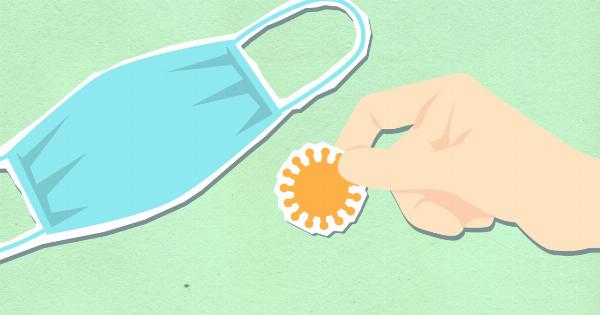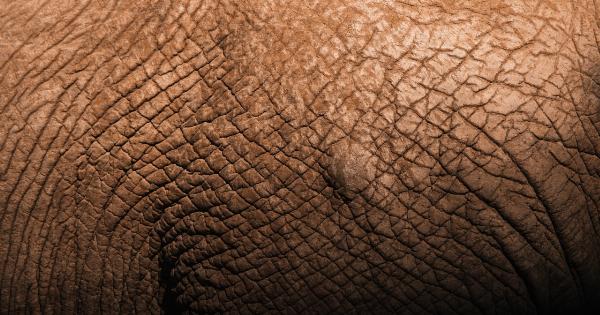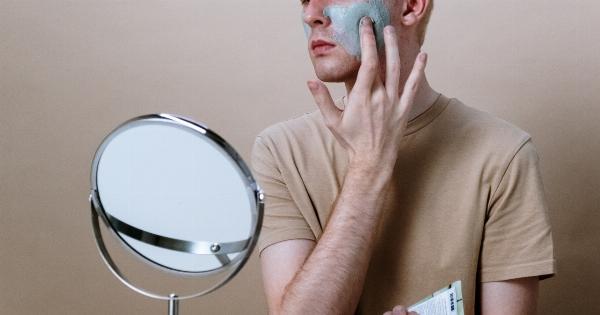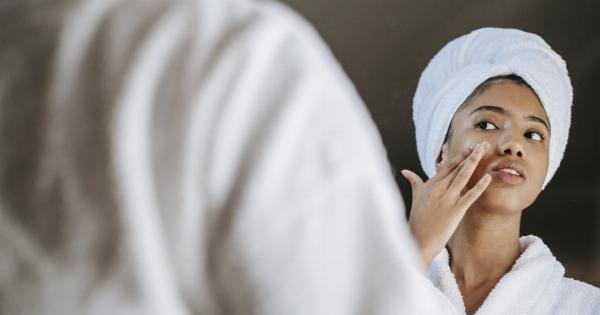Summertime can be tough on your skin, especially if you are prone to acne. The combination of heat, humidity, and sweat can cause your pores to become clogged, leading to breakouts.
However, with a little extra care and attention, you can manage your acne and enjoy the season. Here are ten tips for managing acne in the summer.
1. Choose the Right Sunscreen
One of the biggest mistakes people make in the summer is using the wrong sunscreen. Many sunscreens contain pore-clogging ingredients, which can exacerbate acne. Look for a non-comedogenic formula that is oil-free and won’t clog your pores.
You should also choose a sunscreen with at least SPF 30 to protect your skin from the sun’s harmful rays.
2. Keep Your Skin Clean
Sweating in the summer can cause your pores to become clogged, leading to breakouts. It’s important to keep your skin clean by washing your face twice a day with a gentle, non-comedogenic cleanser.
You should also avoid touching your face throughout the day, as your hands can transfer oil and bacteria to your skin.
3. Don’t Overdo it with Products
While it can be tempting to try every acne-fighting product on the market, using too many products can actually make your acne worse. Stick to a simple skincare routine with just a few key products, such as a cleanser, moisturizer, and spot treatment.
4. Stay Hydrated
Drinking plenty of water in the summer can help to keep your skin hydrated and healthy. When your skin is dehydrated, it can become dry and irritated, which can lead to breakouts.
Aim to drink at least eight glasses of water a day to keep your skin looking and feeling its best.
5. Avoid Sweating in Make-Up
Make-up can exacerbate acne by clogging pores and trapping sweat on the skin. If you must wear make-up in the summer, look for oil-free formulas that won’t clog your pores.
You should also avoid wearing make-up when you’re going to be sweating, such as during a workout.
6. Use a Clay Mask
A clay mask is a great way to deep-clean your pores and reduce the appearance of acne. Look for a mask with kaolin or bentonite clay, which can help to absorb excess oil and draw impurities out of the skin. Use the mask once a week for best results.
7. Exfoliate Regularly
Exfoliating can help to slough off dead skin cells and unclog pores, which can reduce the appearance of acne. However, it’s important not to overdo it, as this can actually irritate your skin and make your acne worse.
Use a gentle exfoliator once or twice a week to keep your skin looking its best.
8. Avoid Harsh Chemicals
Harsh chemicals such as benzoyl peroxide and salicylic acid can be effective at treating acne, but they can also be drying and irritating to the skin. If you have sensitive skin, it’s best to avoid these types of products or use them sparingly.
Look for gentler alternatives, such as tea tree oil or aloe vera.
9. Wear Breathable Clothing
Tight, synthetic clothing can trap sweat and irritate your skin, which can lead to breakouts. Opt for loose-fitting, breathable clothing made from natural fabrics such as cotton or linen.
This will allow your skin to breathe and reduce your chances of developing acne on your body.
10. See a Dermatologist
If you have severe acne that is not responding to over-the-counter treatments, it’s important to see a dermatologist.
They can prescribe stronger medications or recommend professional treatments, such as chemical peels or laser therapy, to help manage your acne.



























